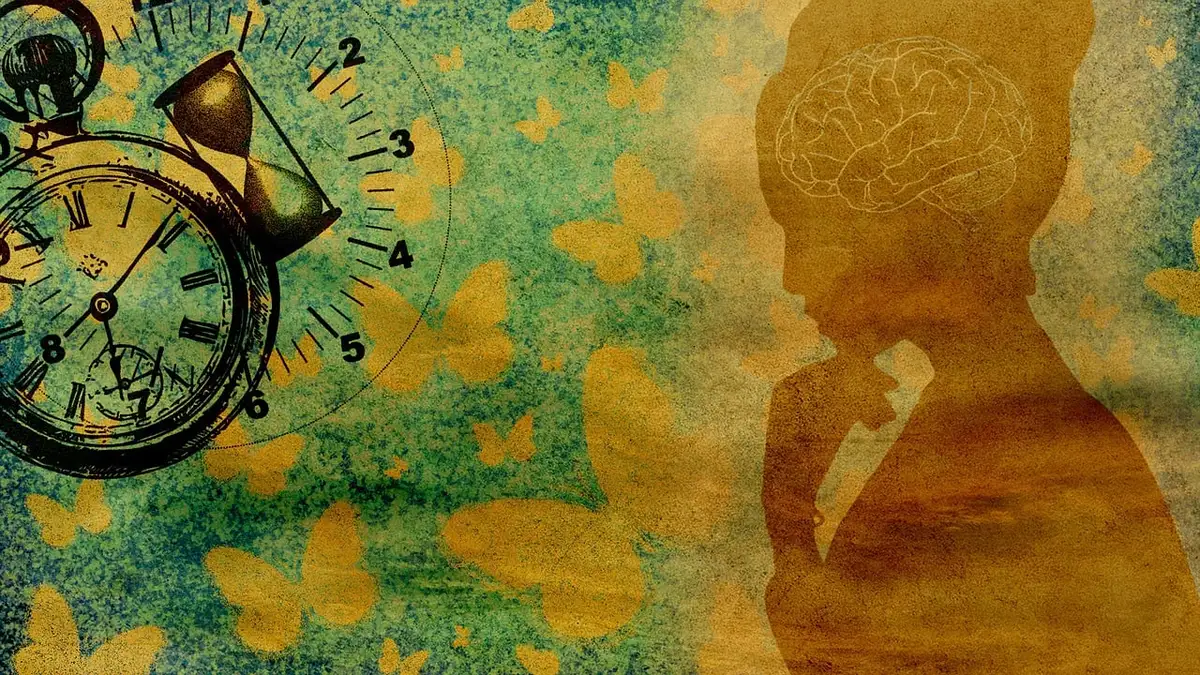We are discovering the profound wisdom of Uketamo, a Japanese philosophy that encourages embracing life with an open heart. Learn how this guiding principle fosters acceptance and resilience in the ever-evolving journey of life.
The Essence of Uketamo
Translated as “to receive” or “to accept,” Uketamo goes beyond a mere philosophy—it’s a way of life. Rooted in Japanese culture, it urges individuals to welcome both joys and sorrows without resistance, cultivating a deep sense of equilibrium.
Acknowledging Impermanence
Central to Uketamo is the recognition of impermanence. Embracing the fleeting nature of all experiences, positive or challenging, allows individuals to navigate life’s changes with grace and understanding, fostering resilience.
Mindfulness Practices
Experts recommend incorporating mindfulness practices like meditation to develop non-judgmental awareness. Dr. Sanjay Singh suggests building coping strategies, maintaining a positive mindset, and a healthy lifestyle to enhance resilience.
Adapting without Despair
Uketamo teaches resilience by enabling individuals to adapt to circumstances without succumbing to despair. Challenges are viewed as opportunities for growth, fostering a mindset that sees strength in acknowledging difficulties.
Embracing Others
Beyond personal acceptance, Uketamo encourages understanding, empathy, and compassion toward oneself and others. The philosophy promotes interconnectedness and emphasizes seeking support from friends, family, or professionals in navigating life’s challenges.
Applying Uketamo in Daily Life
Incorporating Uketamo involves a conscious shift in perspective—letting go of rigid expectations, acknowledging the transient nature of emotions, and reframing challenges as opportunities for personal and collective growth.
Winding it up
Uketamo offers a transformative approach to life, teaching the art of acceptance and resilience. As you delve into this Japanese philosophy, discover the beauty of embracing life with an open heart, finding solace in the ever-changing tapestry of experiences.







